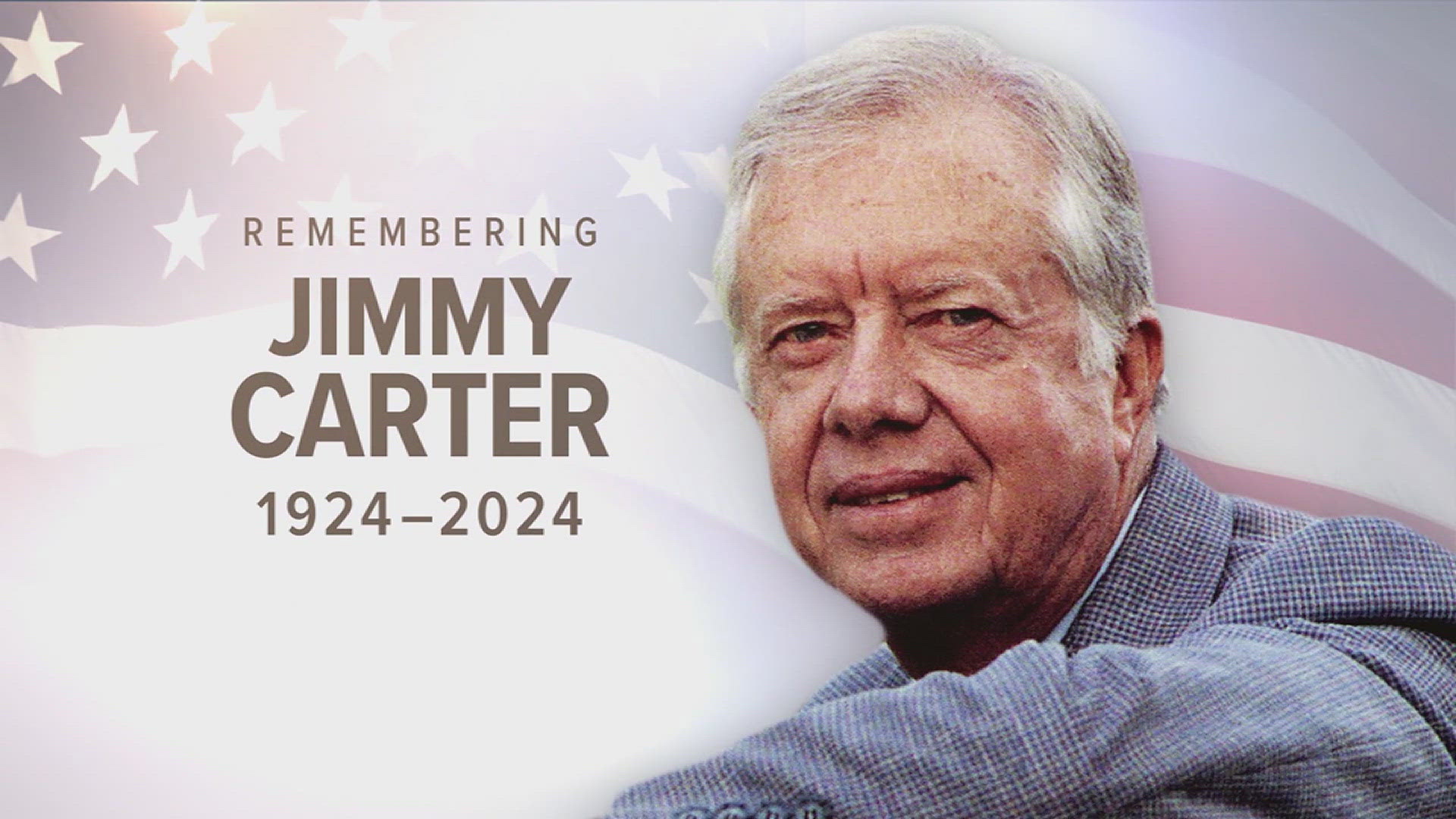(Akiit.com) If you read “Freakonomics,” the popular 2005 book that applied economic theories to non-economic issues, you probably remember the mention of African American twins named OrangeJello and LemonJello (pronounced a-RON-zhello and le-MON-zhello).
As it turns out, the pair and their names are pure urban legend, but they still suffice to help explain how names can be signifiers of class and race. “Freakonomics” authors Steven D. Levitt, an economist at the University of Chicago, and Stephen J. Dubner, a New York Times journalist, noted that data show African Americans are far more likely than other racial groups to give their children uncommon names (if not quite that uncommon). White people tend to favor more familiar names that were formerly popular with other, more affluent white people (hence the journey of Madison from relative obscurity in 1988, when it was ranked 300th on the Social Security Administration’s name database, to its high of No. 2 in 2001 and 2002).
Now OrangeJello and LemonJello are back. Sort of, anyway. New research out of Shippensburg University in Pennsylvania also looks at what names signify. However, unlike “Freakonomics” — which maintained that although a name might tell you something about a person’s background, it wouldn’t predict the outcome of his life — the new study purports to show a link between name and outcome: The more unpopular your name, the more likely you are to land in juvenile hall.
The Shippensburg researchers first assigned a popularity score to boys’ names, based on how often they showed up in birth records in an undisclosed state from 1987 to 1991. Michael, the No. 1 boy’s name, had a Popular Name Index score of 100; names such as Malcolm and Preston had index scores of 1.
The researchers then assessed names of young men born during that time who landed in the juvenile justice system. They found that only half had a rating higher than 11. By comparison, in the general population, half of the names scored higher than 20. The take-away? “A 10% increase in the popularity of a name is associated with a 3.7% decrease in the number of juvenile delinquents who have that name.”
For the most part, this isn’t new territory. That’s because we know that boys with uncommon names are more likely to come from a socio-economically deprived background, which means that they also are more likely to get involved with crime. Even the Shippensburg researchers readily admit that it’s not a name alone that affects a child’s outcome, but rather the circumstance underlying the name.
Still, the study, to be published in the March issue of Social Science Quarterly, at least theorizes that teenagers named Malcolm might also act out because their peers treat them differently or they just don’t like their names. And since the study’s release last week, the name/crime connection has been written or talked about in major media outlets. Science types have attacked its methodology; everyone else is just interested in what’s in a name.
As much fun as we have with the topic, I get the feeling there’s a backlash brewing against weird names. Not just the ones you’re apparently likely to find in juvenile court, but those you find in that other den of dereliction, People magazine.
A lot of baby names in Hollywood these days would have to rate negative PNI scores. I’m not just talking about marginally weird names like Gwyneth Paltrow’s daughter’s name, Apple, or Sylvester Stallone’s son, Sage Moonblood. I’m talking names like Pilot Inspektor (actor Jason Lee’s son), Hud and Speck Wildhorse (singer John Mellencamp’s sons), and Tu (actor Rob Morrow’s daughter; get it? Tu Morrow?).
Clearly, names such as these should be against the law. Yeah, I know, you can’t legislate that sort of thing (though a couple in New Jersey who named their three children after Nazis, including Adolf Hitler, might test the convictions of the staunchest libertarian). Insofar as such names are often a symptom of a larger problem — parental narcissism and immaturity, anyone? — you can see why some people might want to get Congress involved.
You also can see why there’s such a reliable public appetite for studies about names. They invite parlor games in the vein of “Under what circumstances would I name my kid Toadstool or Wallboard“? And they illuminate the degree to which some parents view kids as accessories rather than independent humans who might someday have to say, “My name is —– ” on a playground.
Sure, some odd names may have family significance, but they mostly seem like ads for parents’ cleverness and self-congratulatory “individualism.” It’s no fair saddling a kid with an ad for his folks rather than giving him a name of his own.
Besides, that’s what pets’ names are for. Just ask my new goldfish, OrangeJello Shippensburg.
Written By Meghan Daum









Leave a Reply